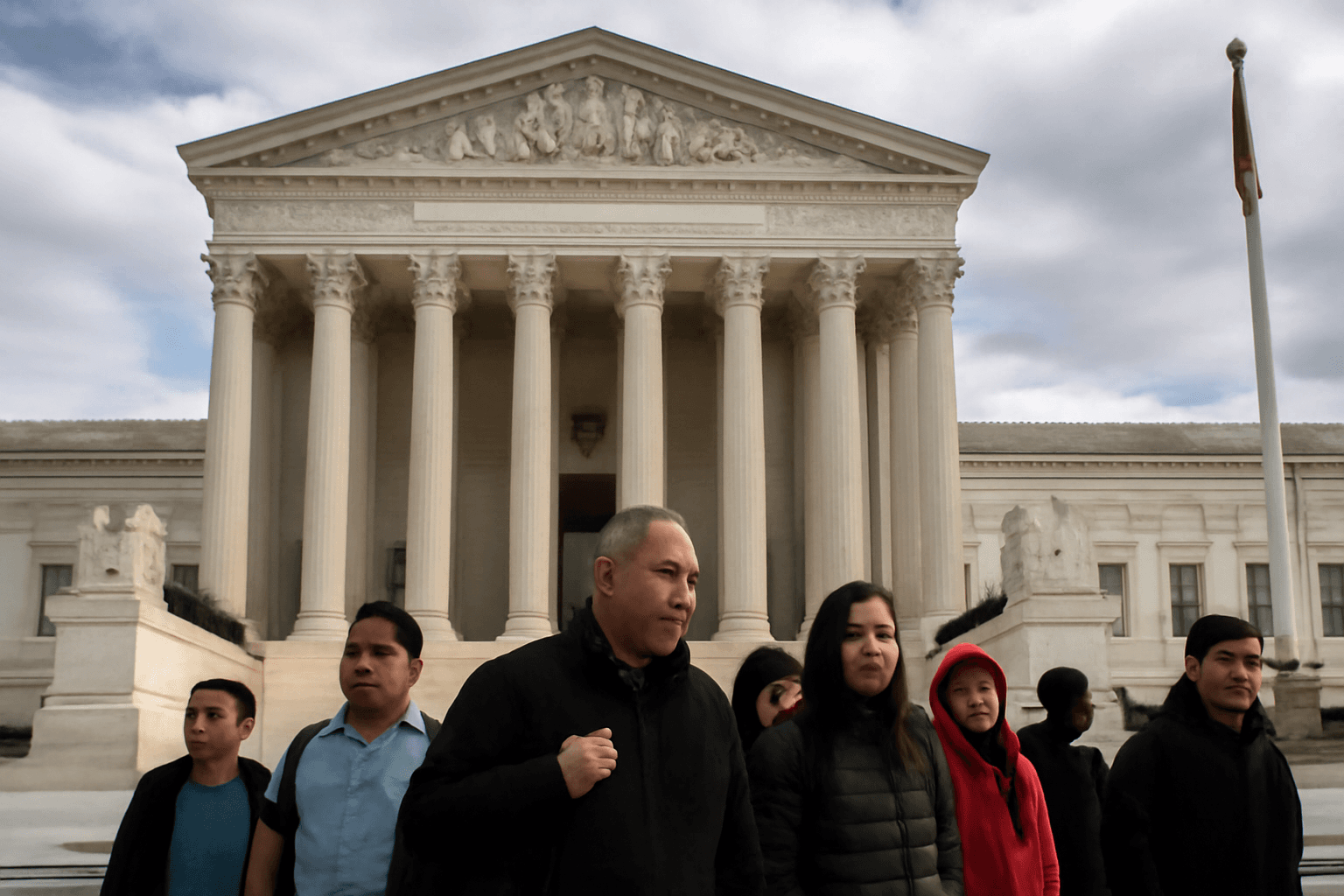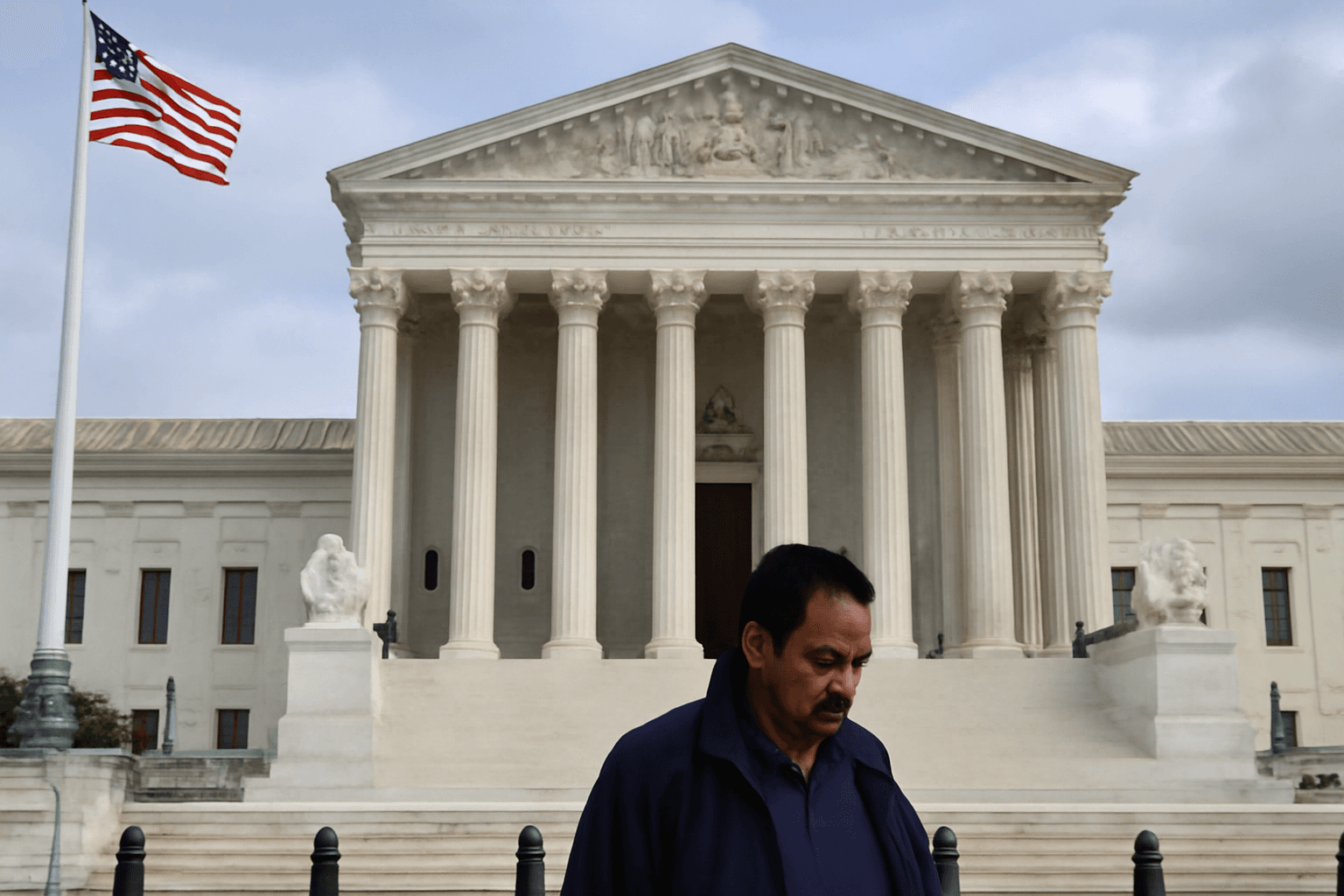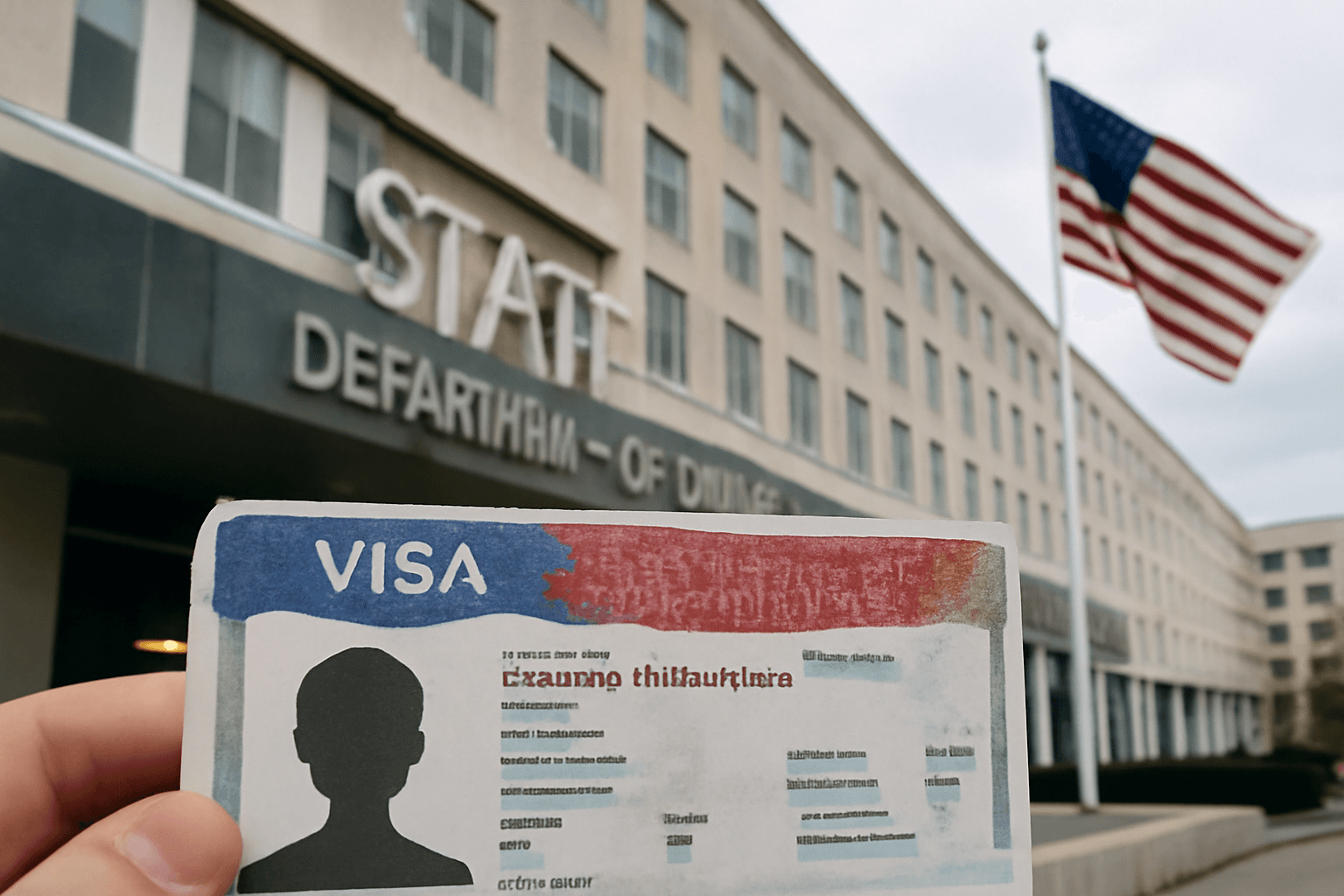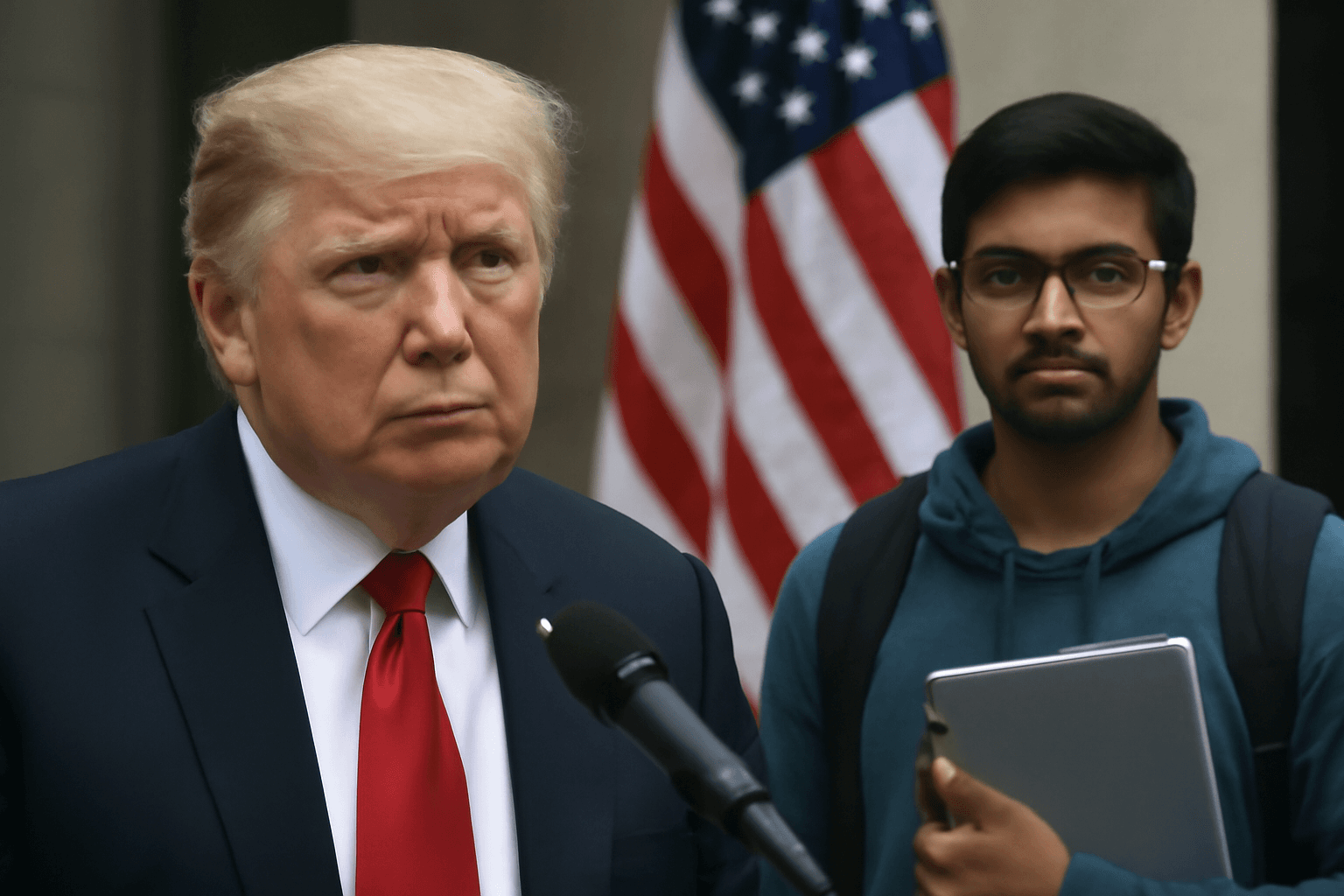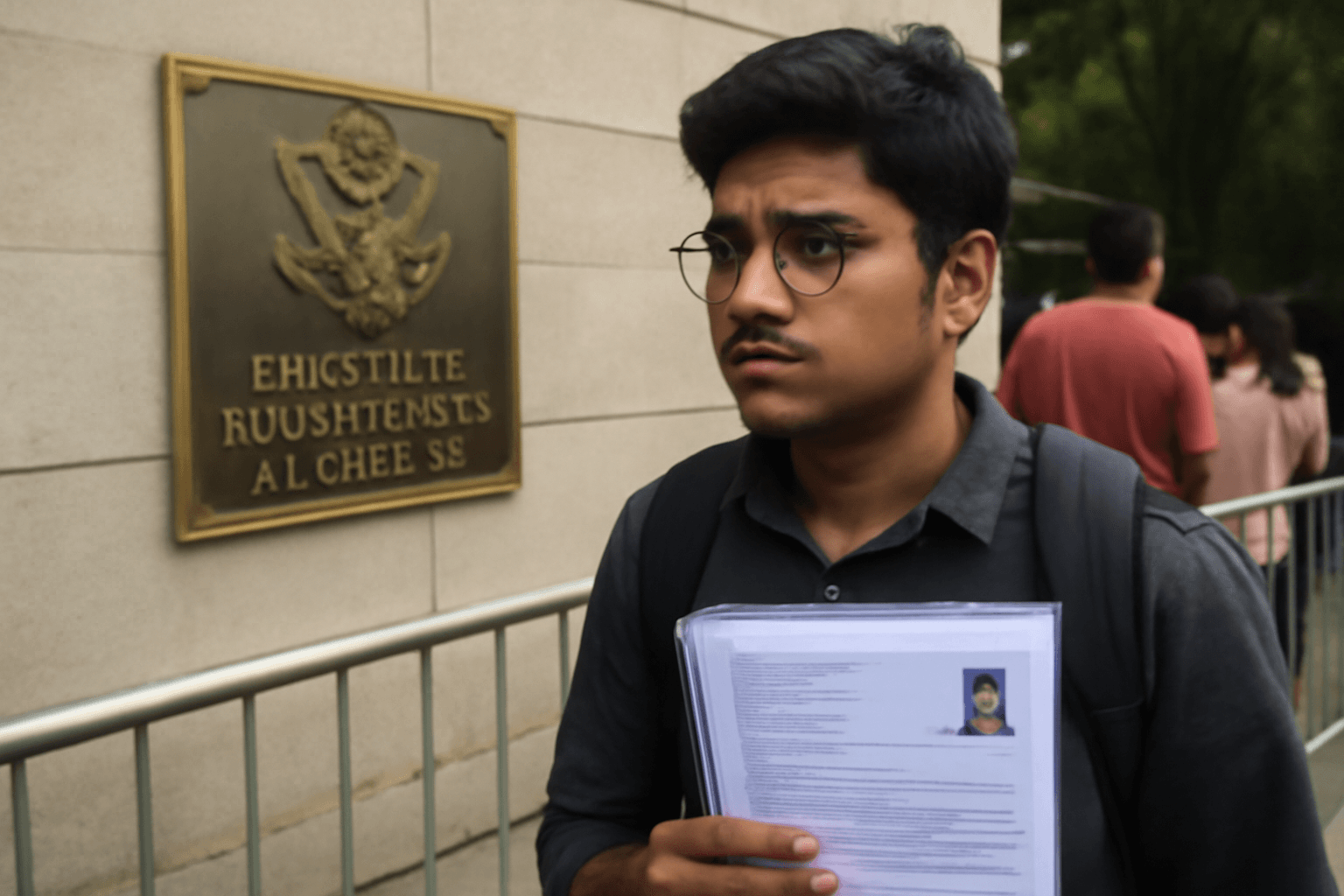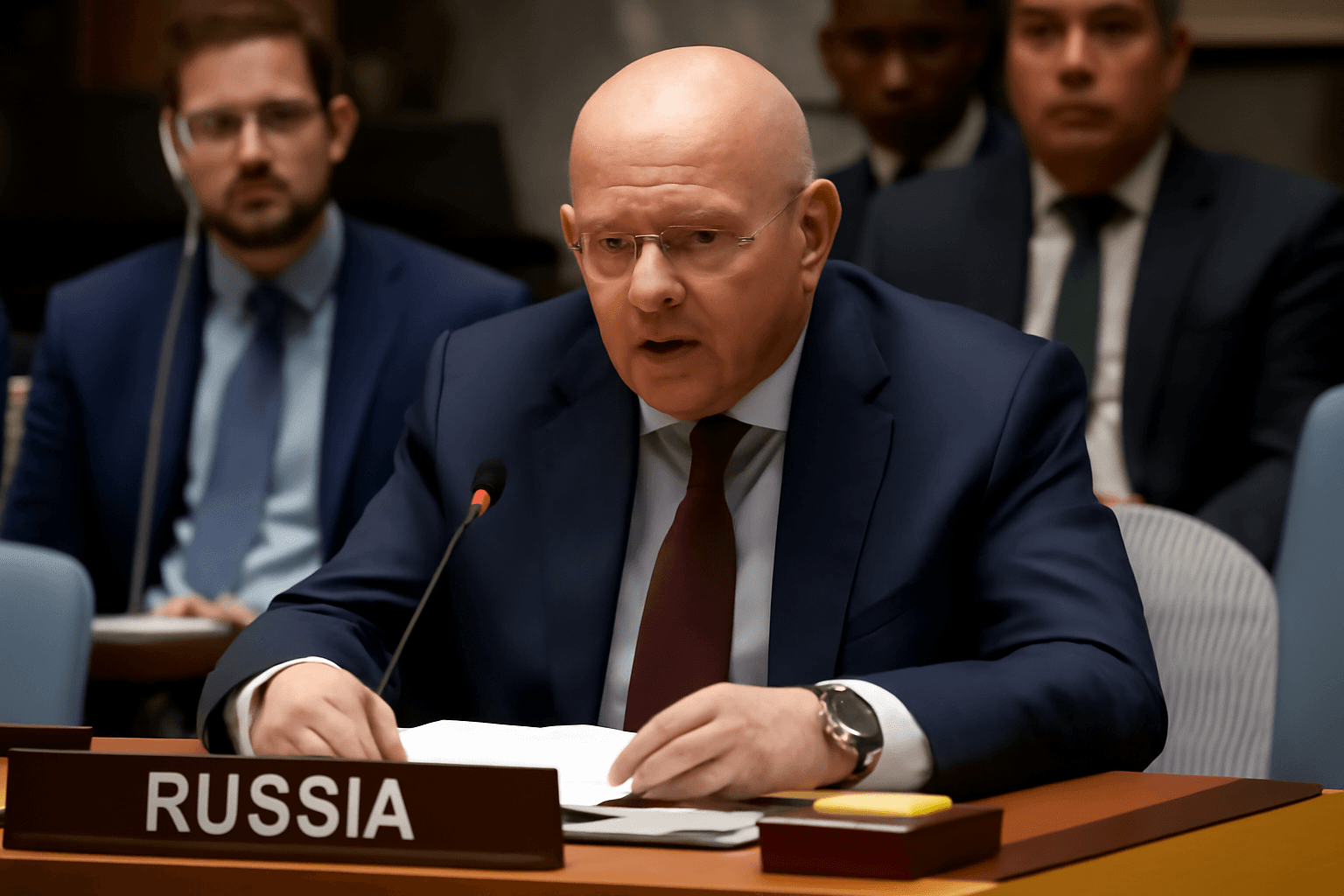The United States Supreme Court has approved a decision permitting the Trump administration to terminate the temporary parole status for over 500,000 migrants from Venezuela, Cuba, Haiti, and Nicaragua. This move supports President Trump's broader initiative to accelerate deportations.
The court's unsigned order temporarily halts a prior injunction issued by a federal judge in Boston, which had blocked the government's plan to revoke 'humanitarian parole' granted under the Biden administration. This status had allowed affected migrants to live and work legally in the US due to urgent humanitarian reasons or significant public benefit.
Immigration parole is a temporary legal permission that enables migrants to remain in the country under specific conditions. The Trump administration ended these parole programs by executive order on January 20, 2025, coinciding with the start of his administration, with the Department of Homeland Security subsequently moving in March to cancel the existing two-year parole grants to facilitate faster deportations.
Earlier in May, the Supreme Court also permitted the termination of Temporary Protected Status (TPS) for approximately 350,000 Venezuelan migrants, another protective measure initially established by the previous administration.
This Supreme Court decision may expose a large number of migrants to deportation proceedings while litigation over these policies continues in lower courts.



